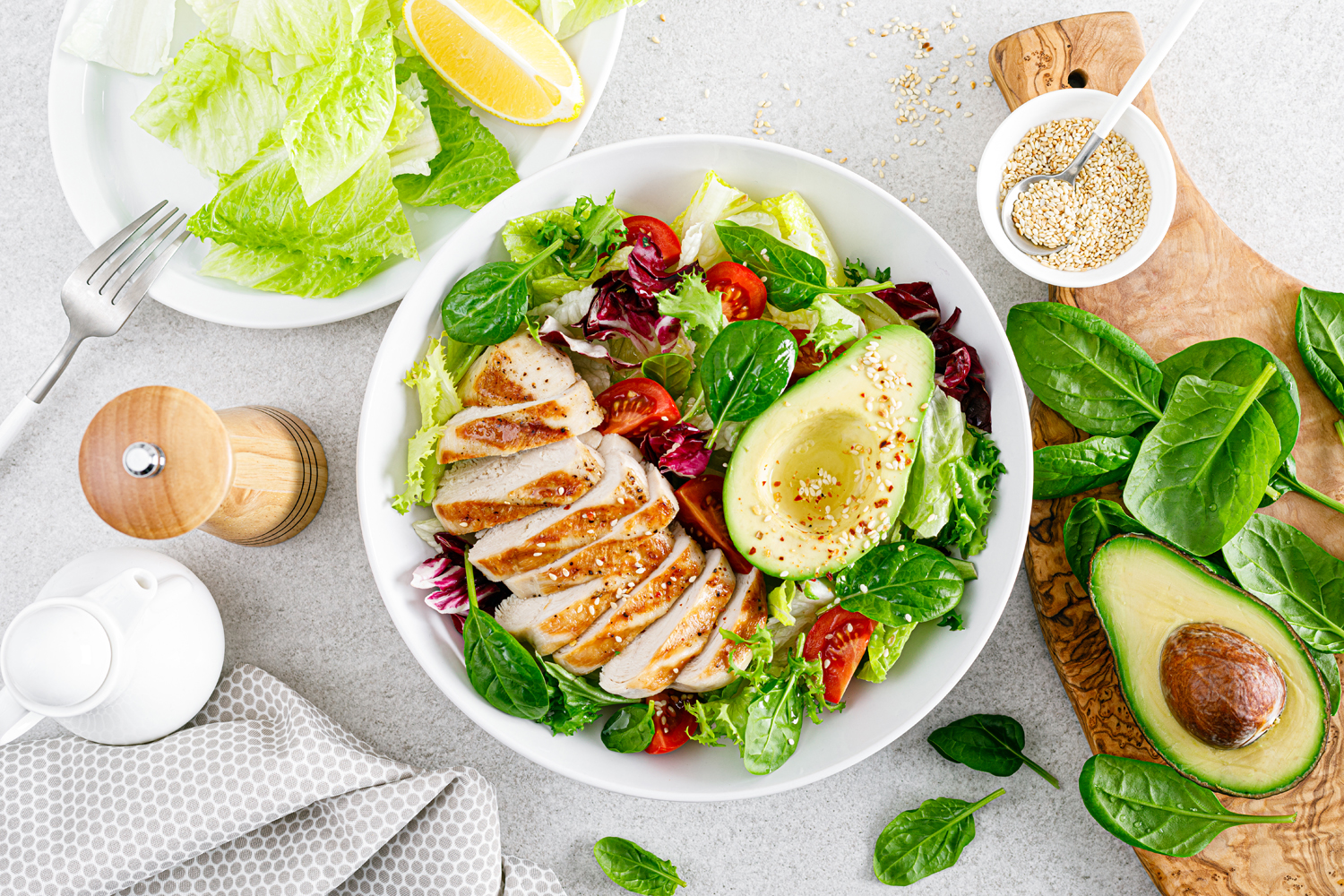While running has always been a simple but effective exercise to promote weight loss and overall good health, it may not be for everyone. Some people may have cardiovascular issues that the running speed can worsen, while others may simply not have the time to run a lap.
Although technically a slower version of running, walking is much easier for most people to incorporate into their daily routines. It is also arguably safer than running as there aren’t as many risks to your overall health when walking. It is something that most of us do daily, so why not make your daily commute an exercise?
With that being said, how is walking effective in your weight loss journey?

Why is walking the best way to lose weight?
Researchers have found that brisk walking can improve body composition by helping to burn excess calories. Although it is at a much slower rate compared to running, the movement of your body when you walk can still increase cardiorespiratory activity and metabolism, the latter of which plays an integral part in the process of burning fat. Other health benefits of walking as an exercise include improved balance, muscle endurance, and flexibility.

Can you only rely on walking for weight loss?
Hypothetically speaking, it depends on the intensity and amount of time you spend walking. Contrary to popular belief that walking at faster rates is more beneficial for weight loss, research has shown that you can lose more total body fat by walking at a slower rate for a long time. So solely power walking for about half an hour can help burn body fat at a slight rate.
Although viable on its own for small amounts of progress, it is often best to combine brisk walking with other forms of weight loss, such as resistance weight training and other aerobic exercises like cycling and swimming.

Combining diet with walking for results
According to studies, combining brisk walking with an energy-restricted diet has a positive effect on fat loss. An energy-restricted diet essentially restricts the amount of calories that you eat daily, preventing excess fat from forming. Adding an aerobic exercise like walking to this keeps your calorie count even further.
However, you do not need to be on an energy-restricted diet to lose weight, but it is still important to eat healthy. Aim for nutrient-dense foods that provide vitamins and minerals that are expended by your body during physical activity. Protein-rich foods are also a good idea, as the protein can help burn body fat even further.

How much should you walk to see results?
When it comes to how many minutes you should walk, about 30 minutes of brisk walking a day should generally be enough to burn about 150 calories per day. However, this number will be different depending on your lifestyle — those who do other forms of exercise for weight loss might not need to walk as much, but those who are sedentary and/or eat a lot of calories per day may need more.
This number may also be different depending on how fast and how long you walk. Brisk walking at a faster pace for longer than 30 minutes to an hour is the most ideal rate, but as mentioned earlier, a slower pace for the same amount of time should also give relatively sufficient results.

Can you lose ten pounds in a month by walking?
Realistically speaking, the answer is no if you are familiar with how to lose weight and how it works. Walking is not as effective as other aerobic exercises in terms of weight loss, so it may take much longer than a month if it is the only exercise you do for weight loss. The only way this could be effective is if it is paired with a very limited diet, which may not be suitable for most people.
In any case, daily brisk walking should still be enough to lose at least a few pounds within one month. Eating an energy-restricted or otherwise healthy diet for weight loss won’t make the process faster but will prevent any decreases in progress you may get.

When is walking better than running?
While running can give more substantial results, it may also carry more risks. Running can make you more susceptible to related injuries such as sprained ankles and muscle tears. As a result, running can be less sustainable in the long run (no pun intended).
Running may also not be suitable for those who have certain heart conditions. It may make them worse, and it may even increase the likelihood of a heart attack. This is due to the more strenuous conditions that lead to a higher demand for the heart to pump blood faster, leading to damage in the heart tissue.
Because walking is not as vigorous as running, it’ll make it less likely to sustain an injury that may affect your ability to run or increase the likelihood of cardiovascular problems.




